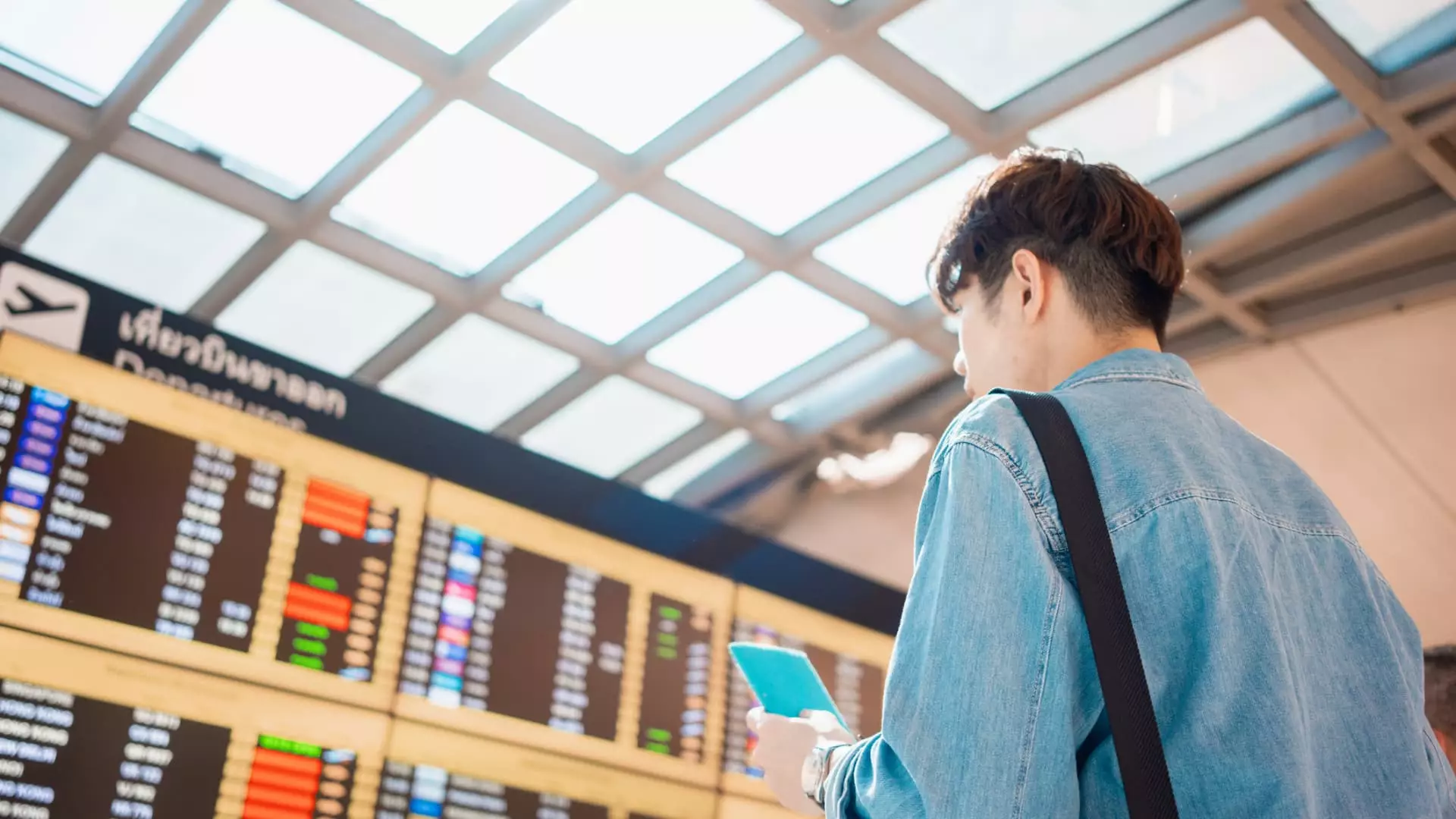In recent years, the landscape of international travel has undergone profound shifts, particularly within Southeast Asia. A compelling survey commissioned by CNBC Travel reveals a stark decline in interest among Southeast Asians to visit the United States. While the region’s overall enthusiasm for American travel remains mixed, Singapore stands out as a nation where skepticism and concern about safety have soared. This emerging trend uncovers not just fluctuating travel intentions but also deeper socio-political undercurrents shaping perceptions of the U.S., especially among the highly safety-conscious Singaporeans.
What is striking is the divergence in attitudes among Southeast Asian nations. Countries like Indonesia, Vietnam, Thailand, the Philippines, and Malaysia still exhibit a fair amount of curiosity about America. Yet Singaporeans are increasingly retreating from that interest, driven by complex factors rooted in safety fears, social issues, and political grievances. These attitudes suggest a paradigm shift—what once might have been curiosity or admiration has now morphed into mistrust and apprehension, particularly from the island city-state known for its rigorous standards of safety and governance.
Safety Concerns as the Primary Deterrent
The dominant sentiment among Singaporeans points to safety concerns as the paramount reason for avoiding travel to the U.S. This is no coincidence given Singapore’s reputation as one of the safest countries globally. The statistical increase of 13 percentage points in safety concerns about the U.S. underscores a significant perception shift. For Singaporeans, the risks posed by gun violence, hate crimes—especially those targeting Asian communities—and border policies have overshadowed any fascination with the American experience.
Personal safety beyond general crime rates is a defining factor. Several Singaporean travelers articulate fears rooted in current news coverage—stories about hate crimes, mass shootings, and racial discrimination dominate headlines. This media influence is critical because Singaporeans tend to rely heavily on credible local and international news sources, shaping a more cautious outlook on the U.S. as a destination.
The anxiety is compounded by the perception of a fractured social fabric. For many, issues like racial discrimination or perceived hostility during immigration processing feed into broader doubts about whether travel to America aligns with their safety expectations. This is particularly evident in anecdotes from individuals like Tiffany Ng, who express concern over the potential for unwarranted scrutiny at U.S. borders, fueled by perceptions of racial profiling and immigration policies.
Political Climate and Media Influence: A Trust Erosion
The influence of politics on travel decisions cannot be overstated. The survey highlights that negative perceptions of the Trump administration, along with broader political instability, significantly impact Singaporean attitudes. An 18 percentage point increase in concern about political actions signals a waning trust in the American political environment. For a population that values stability and predictability, the perception of an divided or unpredictable political climate makes the U.S. a less attractive destination.
Moreover, media coverage plays a pivotal role in shaping perceptions. Singaporeans, unlike their counterparts in neighboring countries who predominantly rely on social media and informal channels, often turn to trusted news sources for information. This tends to create a more informed but also more critical view. In contrast, many Southeast Asians get most of their news from social media, which can sometimes amplify sensationalist or biased narratives that sow doubt or fear about traveling to the U.S.
This trust erosion fundamentally influences travelers’ willingness to navigate America’s complex immigration system or to risk exposure to violence and social unrest. For individuals like Rahul Jain, past experiences with strict immigration checks and witnessing societal strife underscore their reluctance. As a result, even those holding Singaporean passports of the strongest global standing face uncertainties that temper their enthusiasm for American trips.
Beyond Safety: Reality Check on Costs and Practical Concerns
While safety dominates concerns, other practical factors like cost and visa procedures remain less alarming for Singaporeans compared to their regional neighbors. Interestingly, Singapore’s high passport strength—ranking at the top globally—should theoretically facilitate easier travel. Yet, that advantage appears diminished in the U.S. context, where 60% of respondents harbor doubts about smooth immigration processes.
This discrepancy showcases a paradox: Singaporeans, despite holding the world’s most powerful passports, feel anxious about their ability to transit U.S. immigration lanes without harassment. Such perceptions are likely fueled by individual anecdotes and media reports of overly scrutinized travelers. Furthermore, the rising cost of travel, while notable globally, seems to hold less sway in this particular decision matrix compared to the acute fears regarding safety and social stability.
The core issue appears to be trust—trust in the American system and confidence in their personal safety. When fears about racial profiling or violent episodes dominate the narrative, even economic advantages don’t suffice to tip the scales in favor of travel plans. Instead, caution and skepticism become the dominant attitude, reflecting a broader trend of reevaluating the desirability of American travel amidst global instability.
Implications for the Future of Sino-American and Regional Travel
The declining interest among Singaporeans signals more than just individual preferences—it foreshadows shifts in international tourism flows, diplomatic relations, and perceptions of the U.S. as a welcoming destination. As countries become more aware of these needs, American policymakers might need to reconsider their image and safety protocols to regain traveler confidence.
For travelers like Kimberly Kwok and Cayla Tham, the decision not to visit the U.S. is driven more by fear than economic or bureaucratic hurdles. This suggests a fundamental change in how Americans are perceived—not as an open land of opportunity, but as a complex, sometimes dangerous, environment fraught with uncertainties.
The enduring question remains: Can the United States address these perceptions convincingly? Or will these fears persist, shaping the region’s travel preferences for years to come? For now, the signs point to a cautious, skeptical regional cohort that is rethinking its American ambitions, driven by a treacherous mix of safety concerns, social unrest, and political turbulence—all amplified by fierce media scrutiny. The journey ahead for the U.S. as a global destination is undeniably more challenging when trust continues to erode amidst rising fears.


Leave a Reply